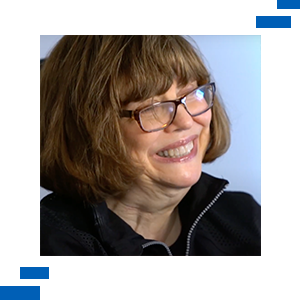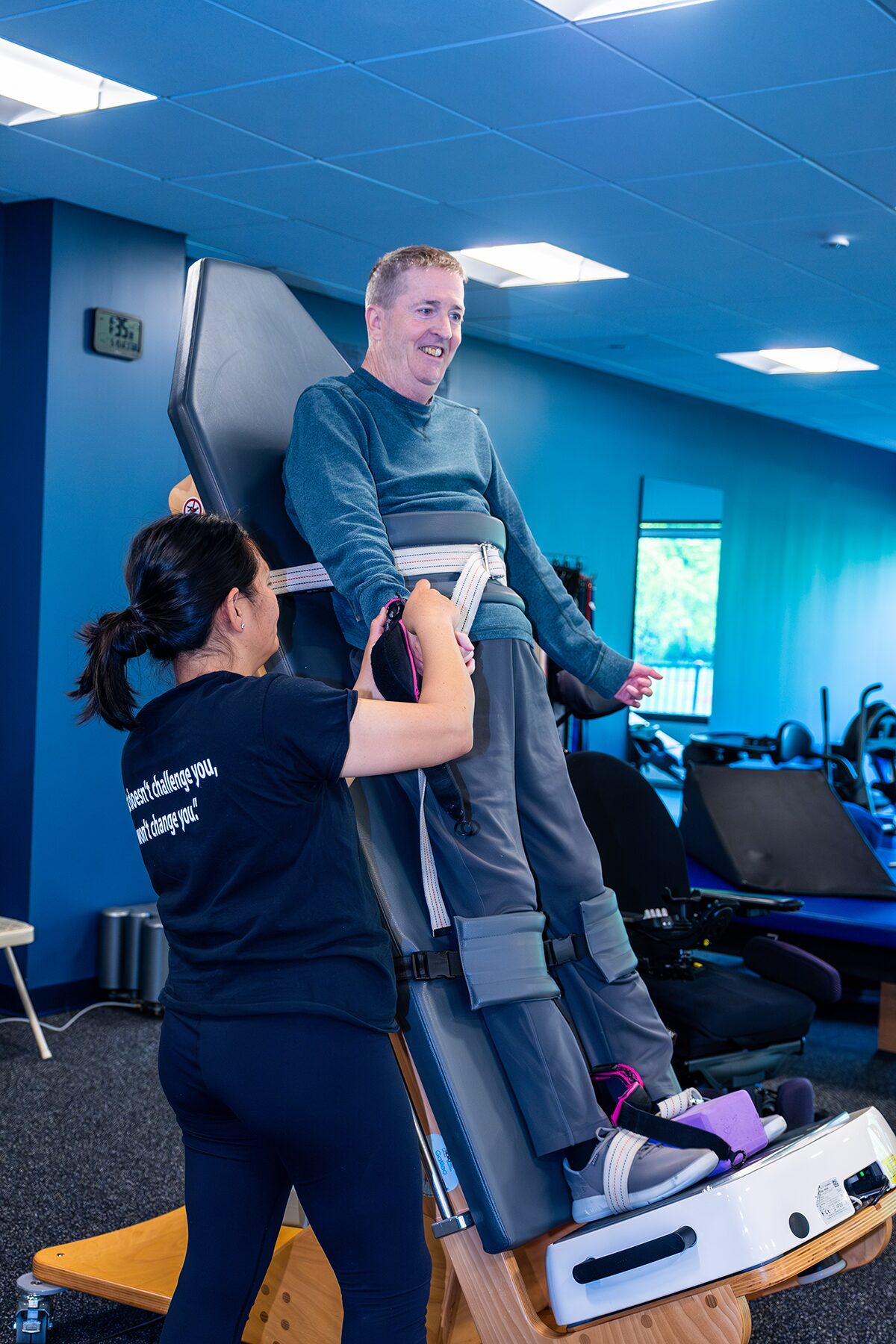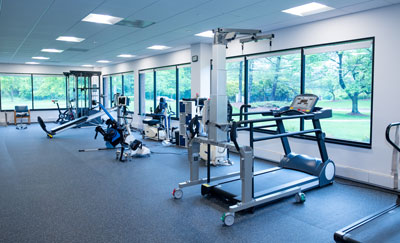Multiple Sclerosis Exercises
Individuals with paralysis including spinal cord injuries, traumatic brain injuries, stroke, multiple sclerosis, cerebral palsy, and other neurological conditions come to Push to Walk for training, exercise and the support that can help them live productive, independent and fulfilling lives.
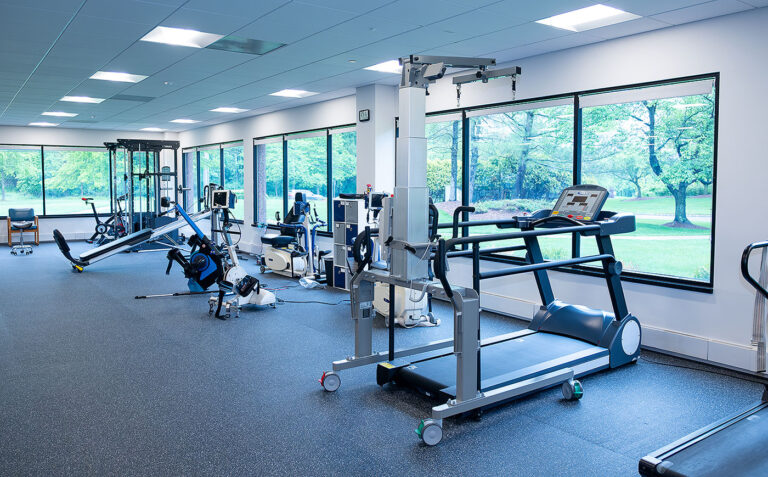
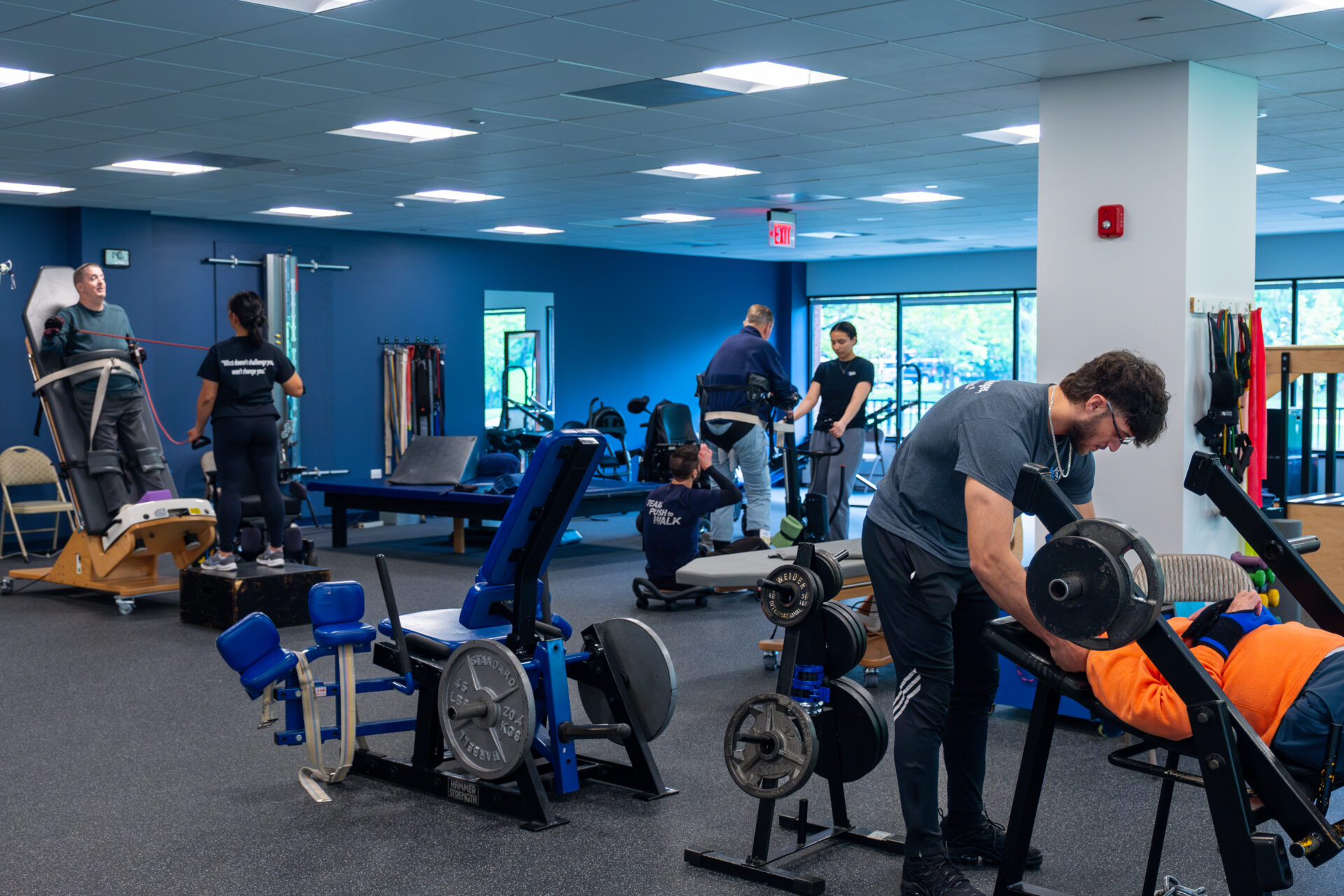
Nearly 8% of our client population is diagnosed with Multiple Sclerosis (MS). MS is a long-lasting disease that can affect your brain, spinal cord, and the optic nerves in your eyes. It can cause problems with vision, balance, muscle control, and other basic body functions. The effects are often different for everyone who has the disease.
It is thought that MS gets diagnosed most between 20 to 50 years of age, but many younger patients (younger than 18) are getting diagnosed and treated.
Some people have mild symptoms and don’t need treatment. Others will have trouble getting around and doing daily tasks. There are many symptoms associated with MS such as trouble walking, feeling tired, muscle weakness or spasms, blurred or double vision, and depression.
Physical Rehabilitation MS exercises
When you have MS and you exercise, it can improve your fitness, endurance, and strength in your arms and legs. Studies have shown that an MS exercise routine can also give you better control over your bowel and bladder function and decreased overall fatigue.
For people with MS who are newly diagnosed, strengthening as a primary focus can be considered, but for most people with MS, strengthening should be part of a functional multiple sclerosis exercise program to improve balance and mobility. Balance and functional mobility is considered in all aspects of Push to Walk’s MS exercise classes and programs. Ultimately, we want our MS exercises to improve walking among our patients. Ultimately, we hope our clients with MS will see the benefits of exercise through their ability to move safely and effectively without falls or transferring independently to and from their wheelchair. Regardless of symptoms, at the most basic level, the trainer is looking for ways to target and excite the nervous system. Exercises for multiple sclerosis consist of positional movements, load-bearing activities, active-assistive exercises, developmental movement patterns, and so forth. All are aimed towards eliciting a response from the damaged nervous system and re-educating the body to work the way it was designed.Our Approach to Exercises for MS sufferers
Push to Walk has FES equipment. FES stands for Functional Electrical Stimulation: a rehabilitation technique whereby electrical current stimulates nerves to evoke muscle contractions.
FES replaces or enhances volitional movement to allow a neurologically impaired person to undertake progressive resistance exercise (PRE) for therapeutic outcomes. FES helps the muscles perform a patterned activity that the client may have lost or have impaired ability to perform voluntarily. Clients who are good candidates for FES are those who present with upper motor neuron symptoms and have limited voluntary control of their muscles. There are many documented benefits of using FES cycling including relaxation of muscle spasms, prevention of disuse atrophy, increasing local blood circulation, and maintaining or increasing range of motion.
Push to Walk currently has seven units that administer FES:
- Empi Unit
- RT300
- RT200
- RT600
- Xcite
- MOTOmed
- MyoCylce
The “RT” devices made by Restorative Therapies combine dynamic motor support along with internet connectivity to monitor progress and update settings appropriately.
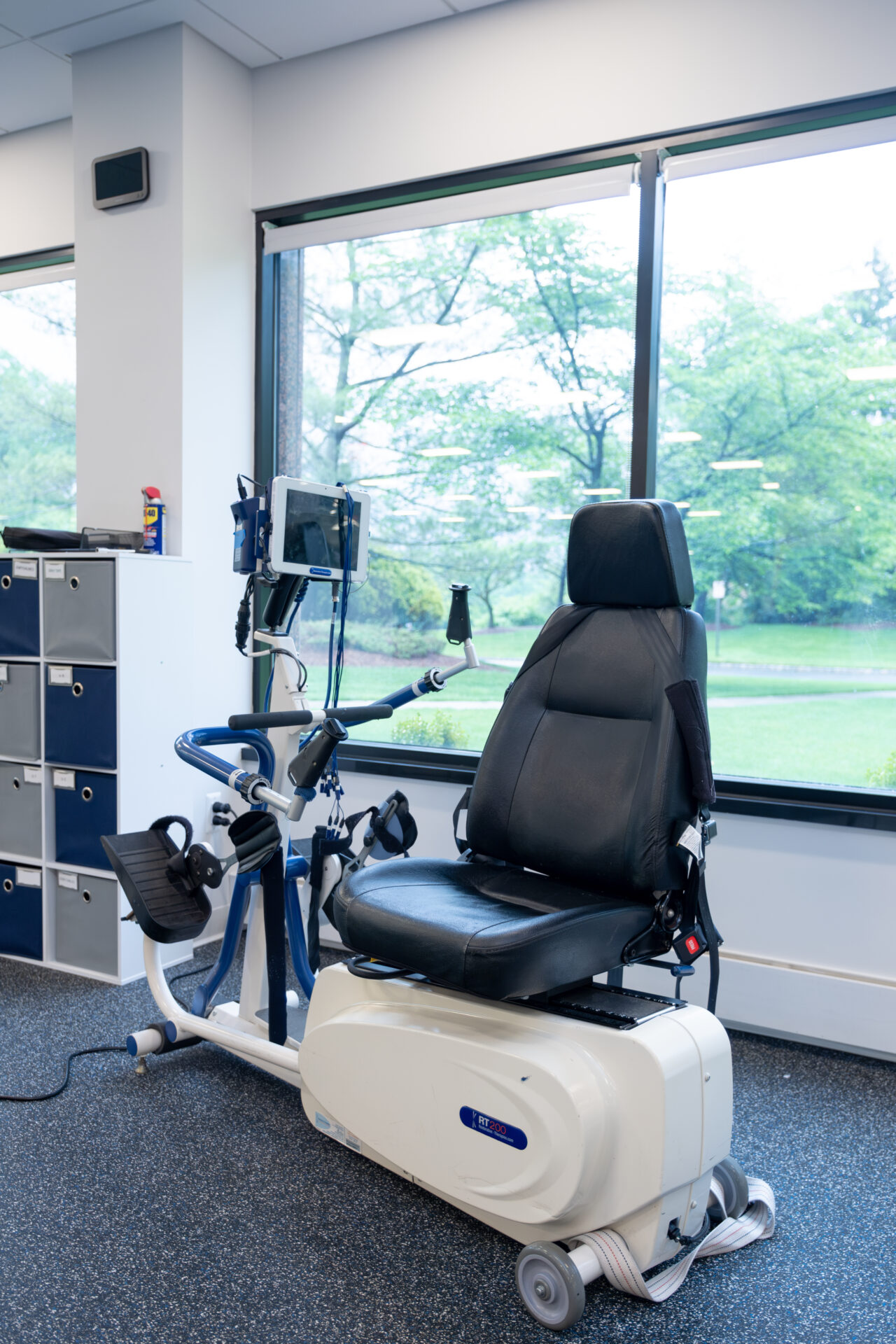
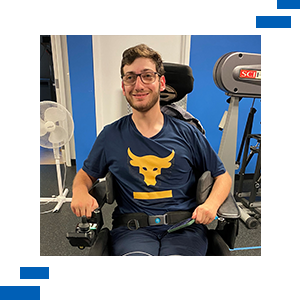
Push to Walk helps people with MS do more.
If you are looking for more information about Push To Walk, please call us at 201-644-7567 or please contact us now.
